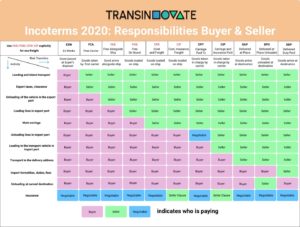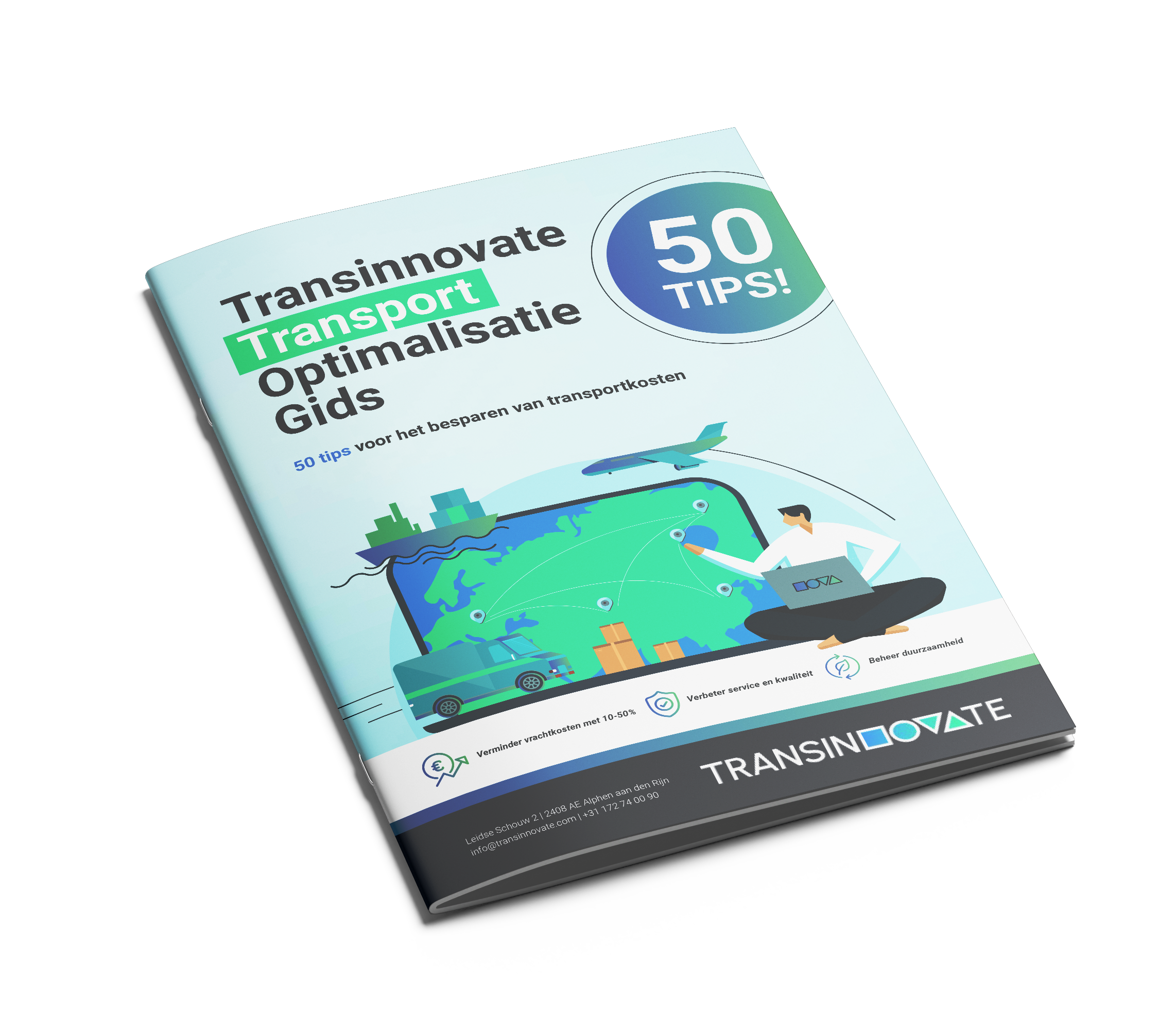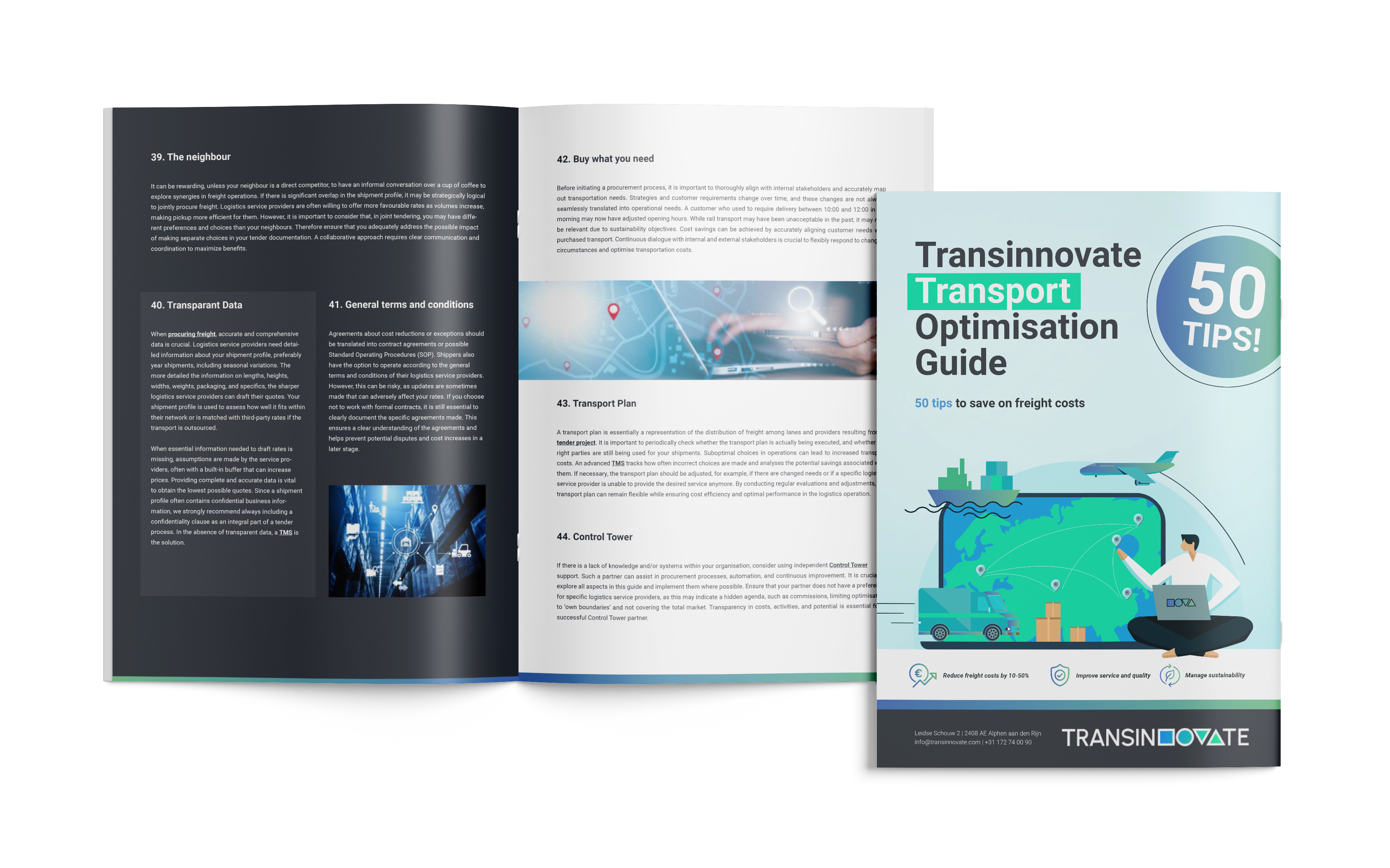The DDP Incoterm® is one of the standardised international delivery terms agreed upon between buyer and seller. These are rules that establish worldwide agreements on transport, costs, and any potential damage during transportation. Every ten years, the International Chamber of Commerce (ICC) updates the Incoterms®. The most recent version, the ICC Incoterms® 2020, came into effect on January 1st, 2020. An overview of all incoterms is available here.
 What is DDP Incoterm®?
What is DDP Incoterm®?
In a Delivered Duty Paid (DDP) Incoterm arrangement, the seller takes on the most extensive responsibilities by delivering the goods to the buyer's location, covering all costs, including duties and taxes.
Advantages DDP Incoterm®
- Reduced Buyer Risk: DDP provides the highest level of service for the buyer, as the seller assumes responsibility for the entire logistics chain, including transportation, unloading, and payment of duties and taxes. This minimises the risk and effort for the buyer throughout the entire process.
- Single Point of Contact: DDP simplifies the transaction for the buyer, as they only need to deal with a single party-the seller-for the entire process. This can be particularly advantageous when the buyer is unfamiliar with the local regulations and procedures at the destination.
- Clear Cost Structure: DDP offers transparency in costs, as the seller covers all expenses up to the buyer's location, including duties and taxes. Buyers have a clear understanding of the total financial commitment involved in the transaction.
Drawbacks DDP Incoterms®
- Higher Overall Cost: The comprehensive service provided by DDP typically results in higher overall costs for the buyer compared to other Incoterms. Sellers need to factor in all potential expenses, including customs duties and taxes, when quoting DDP prices.
- Complexity for Sellers: Sellers take on significant responsibilities, including navigating local customs regulations, paying duties and taxes, and ensuring compliance with all applicable laws. This complexity requires sellers to have a deep understanding of the destination country's regulations.
- Limited Control for Buyers: While DDP reduces the buyer's responsibilities, it also limits their control over the logistics chain. Some buyers may prefer more involvement in choosing transportation methods, carriers, and other logistical aspects.
Short summary of Delivery Duty Paid
In summary, DDP offers maximum convenience and reduced risk for buyers, as sellers take on comprehensive responsibilities, including duties and taxes. However, the higher overall cost and the complexity for sellers make it crucial for both parties to carefully assess their preferences and capabilities before entering into a DDP arrangement. Clear communication and a well-drafted contract are essential to ensure a successful DDP transaction.
Do you frequently require goods to be transported, either as seller or as buyer? If you would like to discuss which Incoterms® and transport solution fit best to your case, please contact us.



